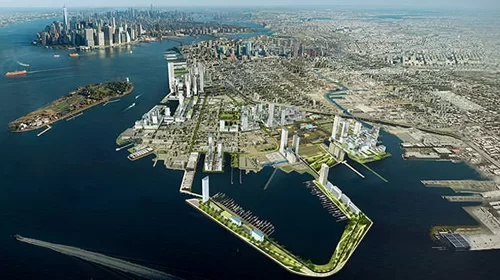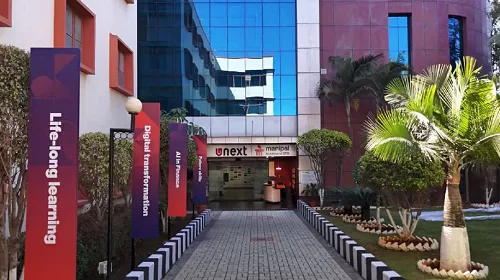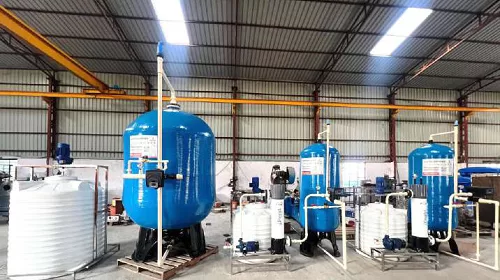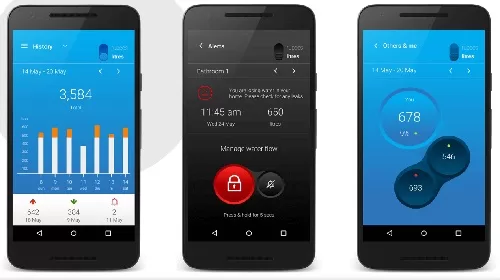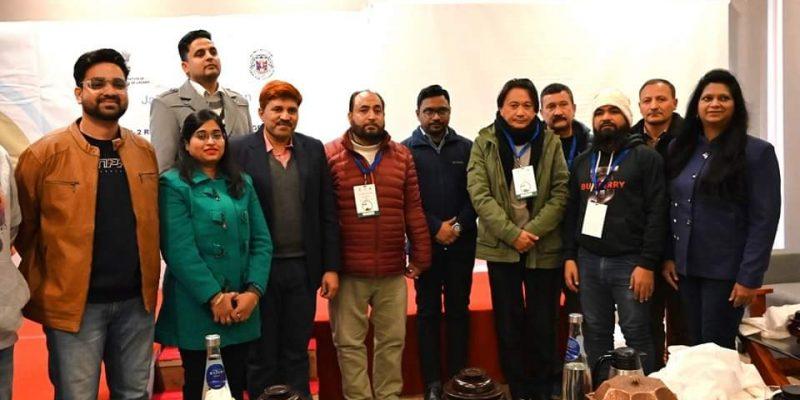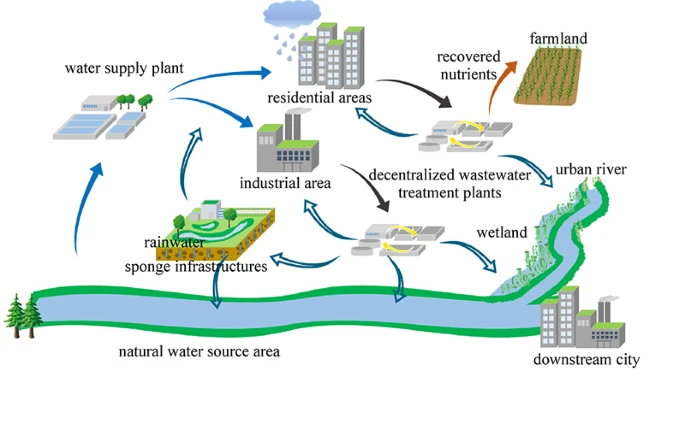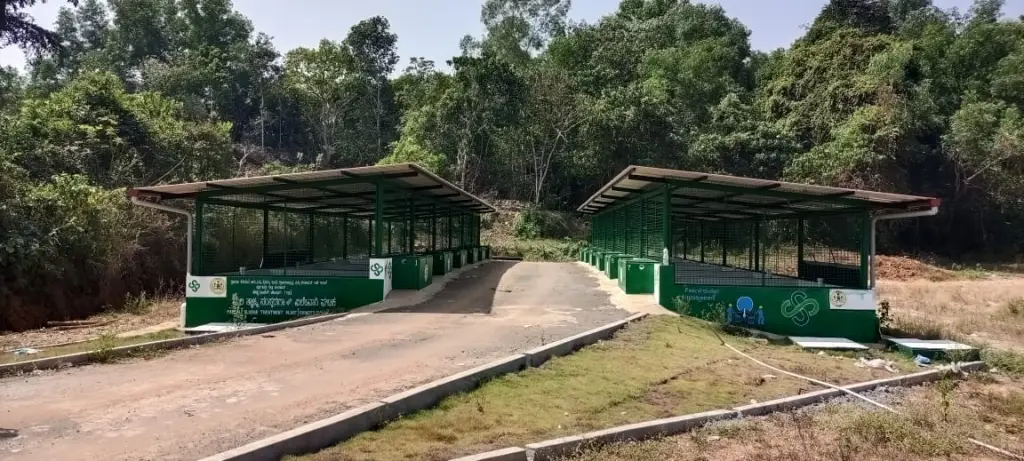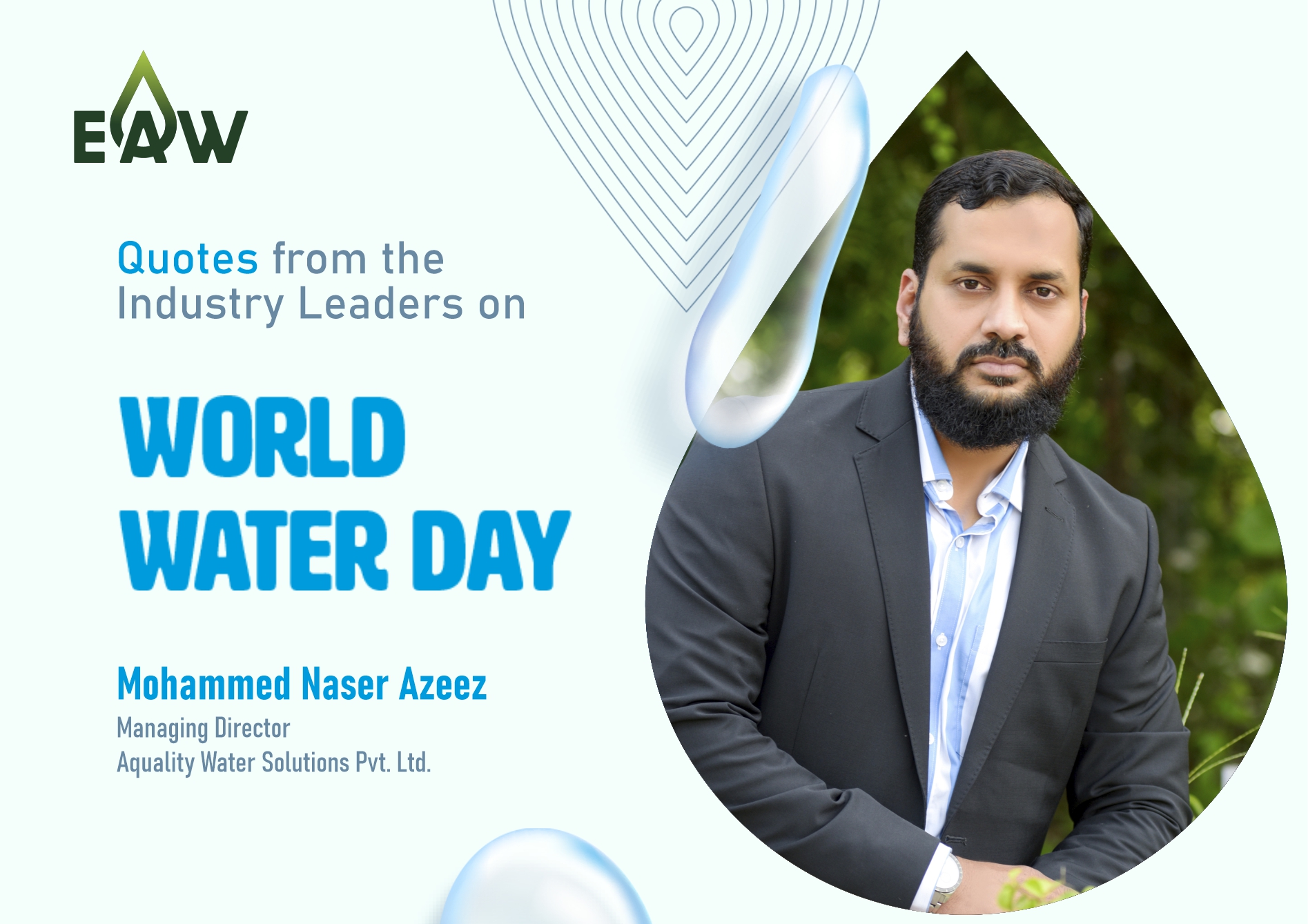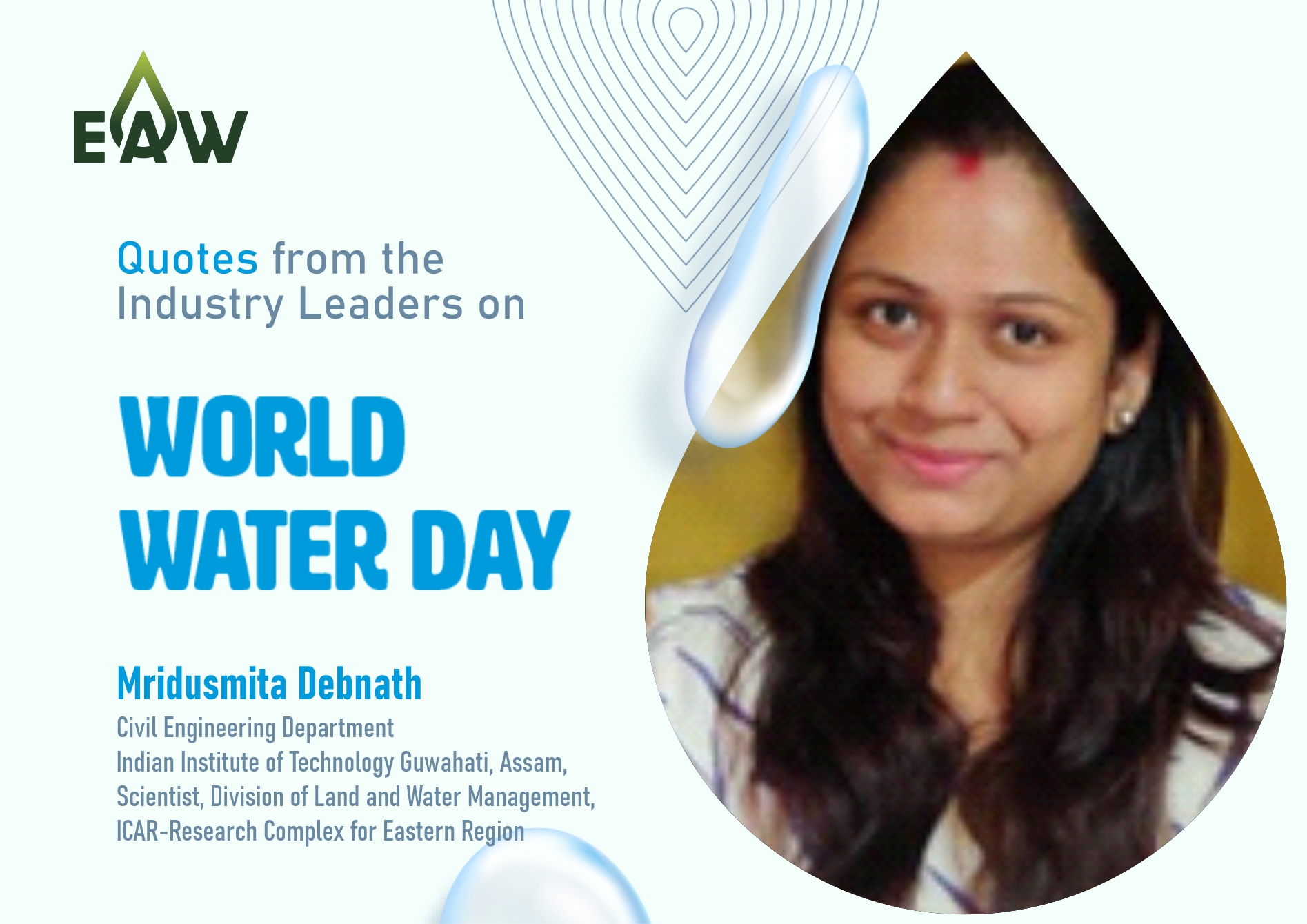India’s rapid urbanization has led to a pressing need for smarter, more sustainable infrastructure solutions. As the country continues to embrace the idea of smart cities, technology, data-driven decision-making, and sustainability are transforming urban planning. One of the critical components of this transformation is smart water management, which ensures that cities can meet the growing demands of a booming population while also preserving precious natural resources. UNDERSTANDING SMART CITIES A smart city is one that integrates digital technologies to improve the quality of life for its residents. Unlike traditional cities,…
Read MoreTag: water management
Smart Water Management: How Technology is Revolutionizing Campus Sustainability
Water sustainability is a critical challenge in today’s world, particularly for large institutions with extensive infrastructure and high consumption rates. In this context, technology has emerged as a game-changer, enabling smarter and more efficient water management practices. SpaceBasic, Asia’s largest B2B SaaS AI-powered platform, is at the forefront of this revolution, empowering universities across Southeast Asia to achieve remarkable cost savings and operational efficiency. This case study explores how SpaceBasic’s technology has transformed water management at Unext – Manipal Academy of BFSI, setting a benchmark for campus sustainability. While the…
Read MoreSustainable Industrial Wastewater Management
India’s rapid population growth and urbanization have significantly increased consumption patterns, leading to rapid industrialization. This industrial expansion has driven economic growth, job creation, and infrastructure development, positioning India as a global manufacturing and economic hub. However, it has also led to a sharp rise in industrial wastewater generation, posing a severe threat to India’s already stressed water resources. India is home to nearly 18% of the global population but has access to only 4% of the world’s freshwater resources, making it one of the most water-stressed nations. With per…
Read MoreUnlocking the potential of digital water and monitoring in water management
Introduction: India faces a pressing urban water crisis that requires immediate attention. According to a study, the top 24 cities in India, with a combined population of nearly 200 million, generate a daily demand of 30,000 million liters of water, based on an average consumption of 150 liters per person. This figure excludes additional demand from commercial and other sectors. Unlike electricity, most people are unaware of how much water they use. Can we continue to take this natural resource for granted indefinitely? Can we reduce urban migration driven by…
Read MoreRural Water Management Training Launched in Ladakh
In Ladakh, in an endeavour to fortify rural water resource management strategies, a pivotal two-day residential training programme was inaugurated in the Union Territory under the aegis of the National Jal Jeevan Mission (JJM) on Best Practices for Rural Water Resource Management. The inauguration of this residential training programme reflects a collective commitment to fostering expertise and sharing experiences in rural water resource management, promising a brighter and more sustainable future for water access and conservation in Ladakh under JJM. Addressing the media, Executive Councillor Er Kacho Feroz Khan stressed…
Read MoreAn Integrated Water Management for Urban and Industrial Sectors
By Dilip Yewalekar & Manisha Kinge Rapid urbanization-industrialization in Bharat have a considerable impact on water demand. Changes in food consumption, lifestyle, and land use patterns also play a major role in water requirements and management. Although Bharat received plenty of water as rainfall during monsoon, due to lack of storage only a small percentage of that water is added to the reserve. There is a significant mismatch between the spatial distributions of available water with the population, the situation becomes alarming, and ironically less water is available where more…
Read MoreDakshina Kannada Sets up Committee for Water Management
Mangaluru’s Dakshina Kannada district administration has constituted a committee, headed by the Assistant Commissioner (AC), to manage various water resources and thereby prevent a drinking water crisis during peak summer. Deputy Commissioner Mullai Muhilan MP said initiatives will be taken to ensure judicious use of water available in check dams and various other water resources in the district. “Directions have been given to impound water stored in Thumbe vented dam, multi-village water scheme sources, and all dams in the district and manage the supply cautiously. A decision in this regard…
Read MoreDr. S. K. Sarkar, Distinguished Fellow, TERI
‘Water is critical for life on earth and is an enabler of economic development. India has about 18 percent of world population, but has only about 4 percent of world’s fresh water resources. There is temporal and spatial variation of water resources availability. For example, the per capita water availability in Barak and Brahmaputra river basin is about 11 times higher than that of Gangetic river basin. Due to climate change impact, there is high frequency of rainfall precipitation, and droughts are more frequent. Water demand for various uses is…
Read MoreWorld Water Day: Accelerate to Commemorate
By Mohammed Naser Azeez, Managing Director, Aquality Water Solutions Pvt. Ltd. – Water is the most vital resource that we all use every single day. At global level, 2 billion people lack access to safely managed drinking water at home. The United Nations report on how climate change is affecting world’s water resources has estimated that around half of the world population, nearly 5 billion people will face at least one month of water shortage by 2050. Lack of adequate water facility near homes is forcing women and girls in…
Read MoreWater security and food security in India
World Water Day 2023 quote by Mridusmita Debnath,Civil Engineering Department, Indian Institute of Technology Guwahati, Assam, Scientist, Division of Land and Water Management, ICAR-Research Complex for Eastern Region – Forecasts on demographic growth and economic development specified a significant increase in food demand to almost double by 2050. Rising food prices are a clear indication of that. Further, demographic projections confirmed that more than 50% of the population worldwide will suffer water scarcity by 2025. Thus, the conflicts among water-demanding sectors and uncertain climate aggravate the situation in agriculture. Moreover,…
Read More

